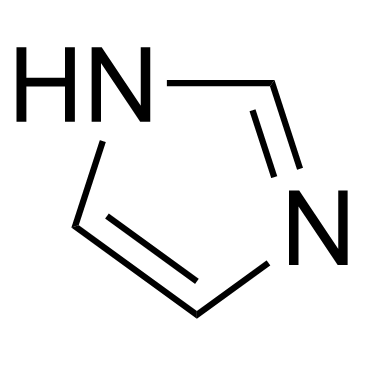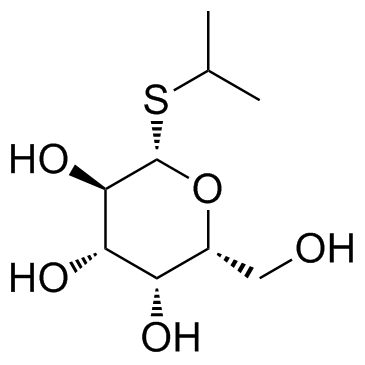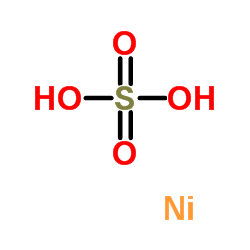| Structure | Name/CAS No. | Articles |
|---|---|---|
 |
Imidazole
CAS:288-32-4 |
|
 |
Isopropyl-beta-D-thiogalactopyranoside
CAS:367-93-1 |
|
 |
NICKEL SULFATE
CAS:15244-37-8 |
|
 |
rec IL-2 (human)
CAS:94218-72-1 |
|
 |
Nickel-sulfuric acid (1:1)
CAS:7786-81-4 |